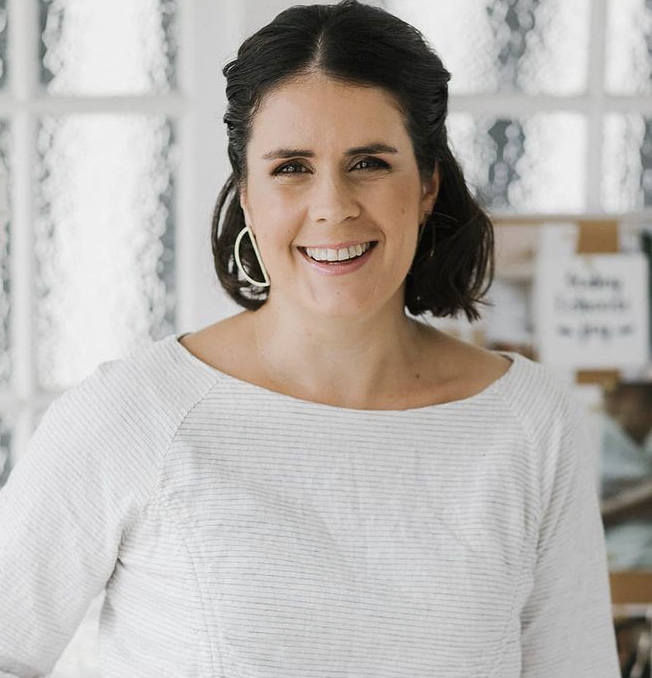While Australians are feeling the mental and emotional toll of lockdowns, isolation and uncertainty, workplaces are emerging as instrumental in supporting and empowering their team’s mental health.
Organisations that prioritise mental health awareness can have a crucial effect on not only their employees' ability to recognise signs of mental illness, but also for supporting those who need that extra support and treatment.
A 2021 Allianz study has shown that while workplace mental health injuries are increasing, there remains a lack of mental health related discussions in the workplace. Organisations have an opportunity to not only support those who are struggling with their mental health but also create an educated and empowered environment that proactively increases the mental resilience of their entire teams.
We spoke to Dan Hunt, Founding Director of Mental Health Movement for this year's R U OK? Day, about building a mental health blueprint for workplaces that not only reduces stigma associated with mental health and illness, but also establishes pathways for stronger overall wellbeing.
Tell us about a conversation or moment when someone asked you ‘R U OK?’
When going through a stage of heightened or prolonged struggle, it can be difficult to recognise the signs of dips in our mental health. As Dan experienced, having supportive managers and family who genuinely asked him, ‘are you ok?’ meant he was able to take that first step backwards to recognise his struggle.
The act of checking in on someone has the potential to powerfully alter someone’s path and change a life. Initiatives such as R U OK? Day are an informative way to cultivate that ideal work environment where everyone feels confident and safe to ask such a simple yet impactful question.
A workplace that has not addressed mental health stigma sufficiently can be a significant barrier to employees accessing treatment. For each genuine conversation around mental health within a workplace or team, an environment is encouraged that helps people take proactive steps towards support.
For more insights, be sure to subscribe to the Go1 newsletter to stay on top of all the latest L&D trends.
Why do you start workplaces with awareness and stigma reduction?
Actively working to decrease mental health stigma in the workplace can be seen as the foundation of building a mentally healthy workplace.
Stigma reduction not only improves knowledge and supportive behaviours within the entire team, but also increases preventative efforts from struggling employees during the early stages of mental illness.
When looking at the sustainability of a workplace’s mental health framework, awareness is only the first, foundational step. Building on top of this, organisation’s have the opportunity to develop mentally supportive environments through ongoing education, application and training.
What is the importance of ongoing education for people at work?
There’s no doubt employees are feeling the added pressures of working during a pandemic, with 40% feeling the pressure to work longer hours and a staggering 77% clocking that overtime to complete their tasks.
Within the context of social isolation and uncertainty, it is no surprise that more Australians are reaching out for support than ever before.
Considering this widespread struggle, it is concerning to note that 69% of Australian employees have not had a discussion with their employers regarding mental health since the pandemic began.
Dan Hunt and the team at Mental Health Movement have focused on discovering these pressure points, as well as psychosocial hazards, to create a proactive blueprint for mentally healthy workplaces.
Partnering with Mental Health Movement over the years has included developing high quality wellbeing resources for the Go1 Content Hub.
This R U OK? Day, we have curated a Talking About Mental Health playlist specifically to showcase content that will assist you in developing the mental health blueprint for your organisation. The playlist includes learning content from Mental Health Movement, as well as other mental health providers.
If you are already a Go1 customer, you can recreate this playlist in your own LMS or Go1 Platform.
If you are not yet a customer but interested in the Go1 Content Hub for your organisation's wellbeing and L&D goals, please get in touch with the team today.






